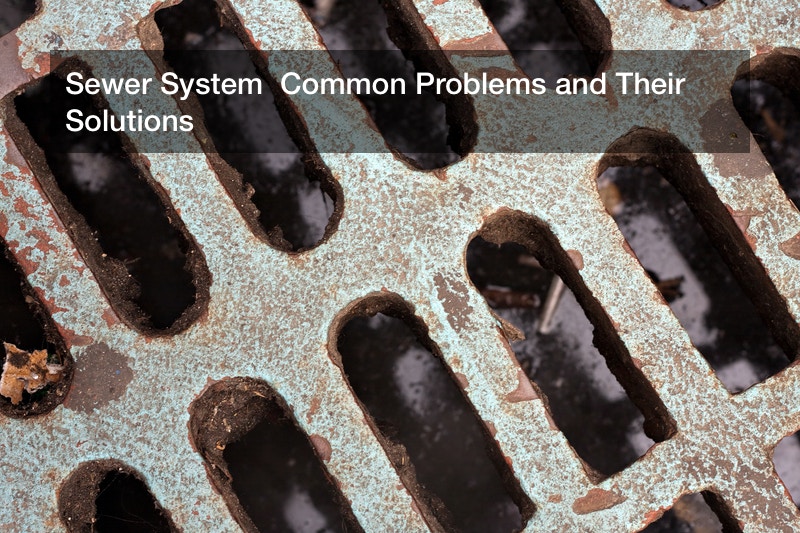
Research shows that 20% of Americans use septic tanks to dispose of their sewage. Septic tanks are the go-to reliable waste treatment options. However, proper maintenance of a septic system is vital, given that a failure in the septic tank system can be hazardous.
Regular septic tank repairs are crucial. It is important that you call in a professional at the sight of any problems. To help you do that, this article will discuss some of the most common septic tank issues and their solutions.
1. Clogs
Clogs are the most common, yet dreadful septic tank problems. The warning signs of clogs are backups in the shower, toilet, or even sinks.
Clogs occur when solid wastes accumulate in the septic tank or drain pipes. Without regular pumping and emptying, sludge gets into the drainage system causing clogs and prevents the free dispersion of water to the ground.
Non-biodegradable wastes don’t breakdown naturally. Instead, they build up raising the liquid levels, which eventually cause clogging.
2. Excess Water in the Tank
Wasteful use of water forces the tank to hold more water than it’s meant for, thus preventing the breakdown of solid wastes. When the tank is full, and water levels eventually rise, the solid wastes get into the distribution tubes meant for liquid wastes and blocks them.
Activities such as doing loads of daily laundry and dish washing and long showers are the most common causes of excess water down the drainage.
Be on the lookout for such indicators of excess water, such as foul smell from the drains and water back-ups.
3. Broken Sewer Lines
Sewer lines can easily be damaged, for example, during excavation or even develop cracks as they age. Such damage may result in:
- Gurgle sounds and bad odor coming from the toilet.
- Poor drainage in the bathroom, toilet, and sink.
Luckily, sewer line repairs will correct any faults in this piped connections.
4. Excess Detergents and Harsh Chemicals
Using excess detergents during laundry causes clogging, especially when not thoroughly diluted. The byproducts of soaps act as fertilizers for algae, promoting their growth, eventually blocking the distribution pipes.
Some chemicals can also damage the septic tank. This is because they react with water to form acids that eventually start to corrode the septic tank walls. Over time this may cause the walls to develop cracks or become porous and start sipping water into the ground. If this is not septic tank repairs are not conducted immediately, it may cause the septic tank walls to weaken to the point of collapse.
To avoid this eventuality, here are some tips for proper sewer system maintenance.
1. Regular Sewer Tank Inspection and Pumping
Call a professional to perform camera inspections and conduct septic tank repairs where necessary at least once every 3 years to prevent clogging and keep your sewer tank sturdy. The following factors can influence the frequency of pumping:
- Size of the household.
- Size of the septic tank.
- Amount of wastewater.
- Amount of solid waste.
2. Efficient Use of Water
Using water sparingly will minimize the amount of water going down the drainage hence increasing the life of your septic tank. Try and do full load washers to minimize water usage. If your washing machine allows you to use an eco-mode that reduces water use.
Use high-efficiency toilets that conserve water to increase the life cycle of the septic tank.
Go for water-efficient showerheads with restrictors to minimize the water usage during showering, thus reducing the volume entering the septic tank.
3. Proper Waste Disposal
Toilets are not trash cans. Whatever you let down the drainage system goes to the septic tank and could eventually reduce its lifespan.
Materials such as diapers can easily block the sewer line. Again dumping harsh chemicals into your drainage can kill microorganisms responsible for the waste breakdown and also corrode the septic tank walls.
Bottom-Line
Septic tank systems are a reliable and safe waste disposal option. A slight problem with the septic system is not only unpleasant but can easily turn into a health hazard. Routine inspections and septic tank repairs are, therefore, essential. It is, therefore important to call a professional right away to avoid any further damage to the system.
